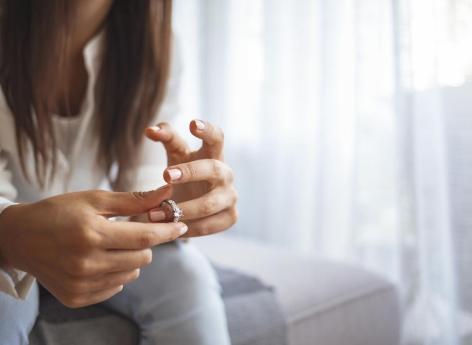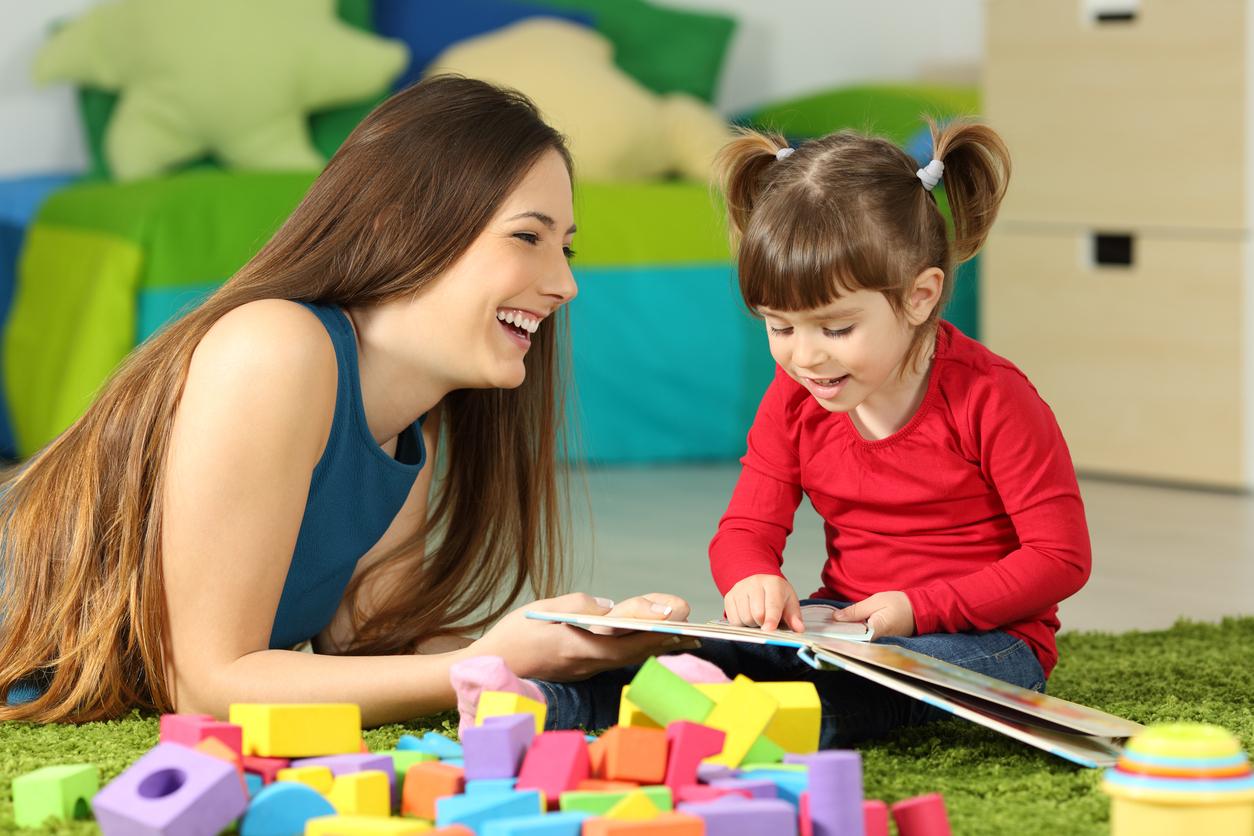A new psychology study indicates that being single in your 20s makes you happier later on.

A recent study found that being single in your 20s may have benefits for long-term psychological well-being.
Why being single at 20 allows you to be happier
Researchers have found that the experience of being single at a young age can develop skills and resilience in men that help them cope with romantic breakups later in life.
The study found that single people in their 20s were more likely to develop greater self-confidence and a better understanding of their own needs and preferences. This can enable them to approach future relationships in a more informed manner and make decisions that are more in line with their wishes and independence. Additionally, singlehood can also provide male individuals with the freedom to focus on their personal development and career without the restrictions that a married life entails.
For women, on the other hand, the fact of having been single or having been immediately in a young couple before separating from their first partner did not make a significant difference in the evolution of their life satisfaction in this research. regard to life over time.
Being single in your twenties allows you to be happier: the progress of the study
Importantly, the study was not limited to the psychological impact of being single, but also looked at its effect on earnings after a breakup. The results showed that people who had experienced a period of singlehood in their 20s tended to have higher incomes after separation compared to those who were in a relationship at that age.
Still, it’s worth emphasizing that singleness isn’t for everyone and everyone has different relationship needs and preferences.
Furthermore, the researchers stressed that additional research is needed to explore the long-term effects of singlehood on other aspects of life. It should also be noted that this study focused on a sample of people living in Germany, and therefore the results might be different in other cultures where marriage is more valued.
“Young singles consider this state a favorable period for development”
To arrive at all these insights, the researchers examined 36 years of data (from 1984 to 2019) from the German SOEP socio-economic panel, a cohort that tracks various aspects of people’s lives, including income, housing, satisfaction overall with regard to existence and family life. They focused on 1,003 people who left the parental home, cohabited or married a partner, then separated from the latter.
“Most research on single people focuses on lack and deterioration in their situation,” finally declared the author of the study Lonneke van den Berg. “For a change, we therefore focused on a potentially positive consequence of singlehood. This interest was aroused by several studies which show that young single people consider this state as a period conducive to development, such as the formation of a group of friends. friends and investment in education or career. In this study, we studied a time when such investments can be important: during a romantic separation”, she concludes.
















